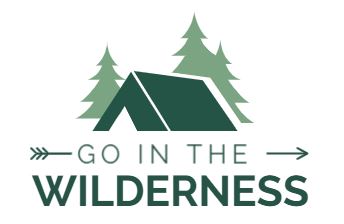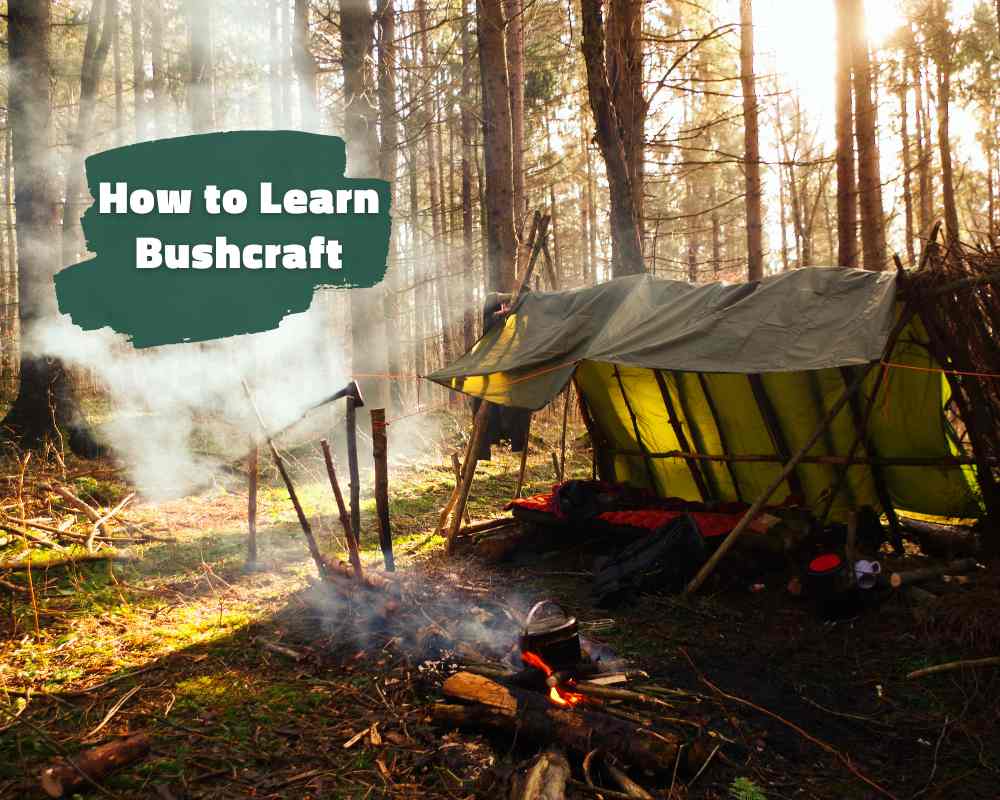Bushcrafting involves making use of resources available in nature—in order to survive and thrive in the wilderness. This includes building shelters, starting fires, finding food and water, and navigation.
While bushcrafting has been around for centuries, it has become increasingly popular in recent years as people seek to reconnect with nature and develop self-sufficiency skills.
Are you interested in learning how to bushcraft, but don’t know where to start? This article will show you the key steps to take to start mastering the art of bushcrafting.
Bushcraft Courses
First of all, attending a bushcrafting course can really help you get started. You’ll get to hear tips from experts and put them into practice—the best way of learning!
When it comes to choosing a bushcrafting course, there are several critical factors to consider. Firstly, make sure your course instructor is well experienced and has a strong background in bushcrafting and survival. Check the instructor’s credentials and ask for references or reviews from previous students, where possible.
Moreover, look for courses that cover a variety of bushcraft skills—such as shelter building, fire starting, navigation, and foraging, as well as any other skills that you’re interested in. You might, for instance, also fancy learning about winter survival, first aid, or primitive hunting and trapping. In such cases, you can look for specialty courses that offer a targeted learning experience.
As well as the topics covered, it’s essential to consider the cost of a course—including any materials or equipment you may need to buy. Also, you might need to consider the feasibility and cost of travelling to course locations. Remember that the cheapest course might not always be the best value, if it means you’ll have to spend a lot of money on travel!
Final factors to consider are the delivery and duration of a course. Would you prefer a weekend-long workshop or something longer and more in-depth? Weekend workshops usually cover the basics of bushcrafting and are ideal for beginners or people who just want to try out bushcrafting casually first, before they decide if they want to commit. A good weekend workshop should cover shelter building, fire starting, and navigation.
You might want a more comprehensive experience, though—in which case, a multi-day course is recommendable. That might even give you a chance to practice overnight camping! As a general rule, longer courses offer a more immersive learning experience and are likely to give you more time to apply your newly learned skills in a real-world setting.
Tip: There are also some online bushcrafting courses available, so you could think about whether that appeals to you as well. Good online courses typically include instructional videos, written materials, and online forums for discussion and feedback. To help you decide, the next section will give you a more detailed account of what online bushcraft courses are like.
Is an Online Bushcraft Course Useful?
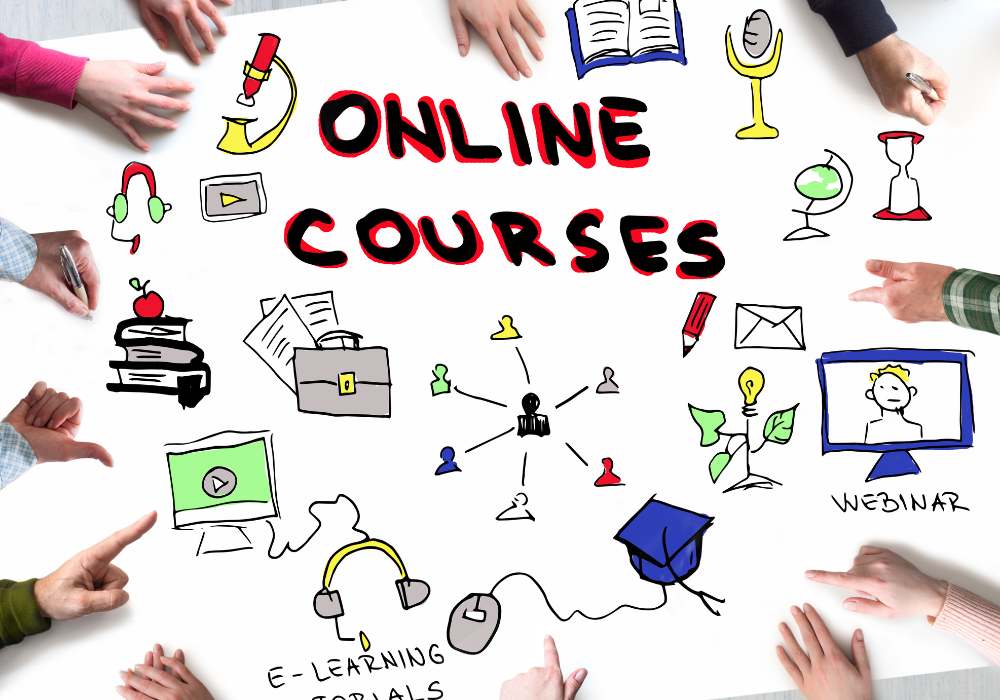
While there’s no substitute for hands-on experience and in-person instruction, online courses can be a convenient and accessible way to learn new skills—especially if you don’t have access to in-person courses or quality instructors in your region.
Online bushcraft courses can vary significantly in quality and effectiveness, so it’s important to choose a reputable course that’s taught by experienced instructors who have a strong background in bushcrafting and wilderness survival. Look for courses that provide clear and detailed instruction, as well as opportunities for practice and feedback.
Tip: Good online courses should include instructional videos, written materials, quizzes, and discussion forums for asking questions and interacting with other students.
Although online bushcraft courses can be very instructive, you should keep in mind that there’s no substitute for actually getting outside and practicing bushcraft skills in the real world. If you can, then, you should complement your online learning by going outside and getting some practical experience—either through camping trips, solo adventures in your backyard or local area, or an in-person bushcraft course.
Ultimately, the best way to become a skilled bushcrafter is to combine instruction, practice, and real-world experience.
Learn by Yourself
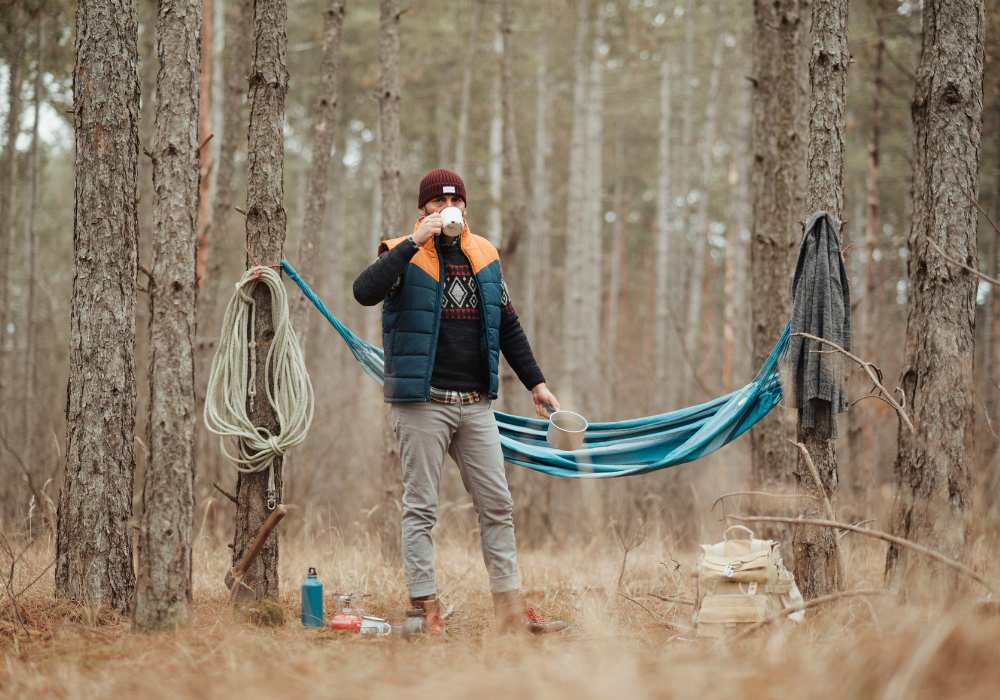
For most beginners to bushcraft, it’s essential to learn from experts—for instance, via online courses as already described. Nevertheless, you should also be willing to put the work in and do some independent learning! If you’re passionate about bushcraft, being curious to learn should come easily to you.
How to learn by yourself? Head outside! Spend time outdoors, be curious, observe the natural world, and you’ll start to learn about the signs and signals of nature—such as changes in weather patterns and animal behavior. This kind of knowledge can be invaluable in survival situations.
As a curious self-starter, you should also be prepared to try new things, experiment, and learn through trial and error. A great example of this would be trying, failing, and then succeeding to light a fire! One of the benefits of this kind of learning is that it encourages you to think on your feet and come up with creative solutions to problems. Such adaptability is an excellent skill for bushcrafters to have; the wilderness will always treat you to something unexpected.
Of course, learning by yourself should always be done with caution and respect for the environment. Remember to practice bushcrafting techniques in a safe and responsible manner, always prioritizing your safety as well as respect for the environment.
Online Forums and Communities
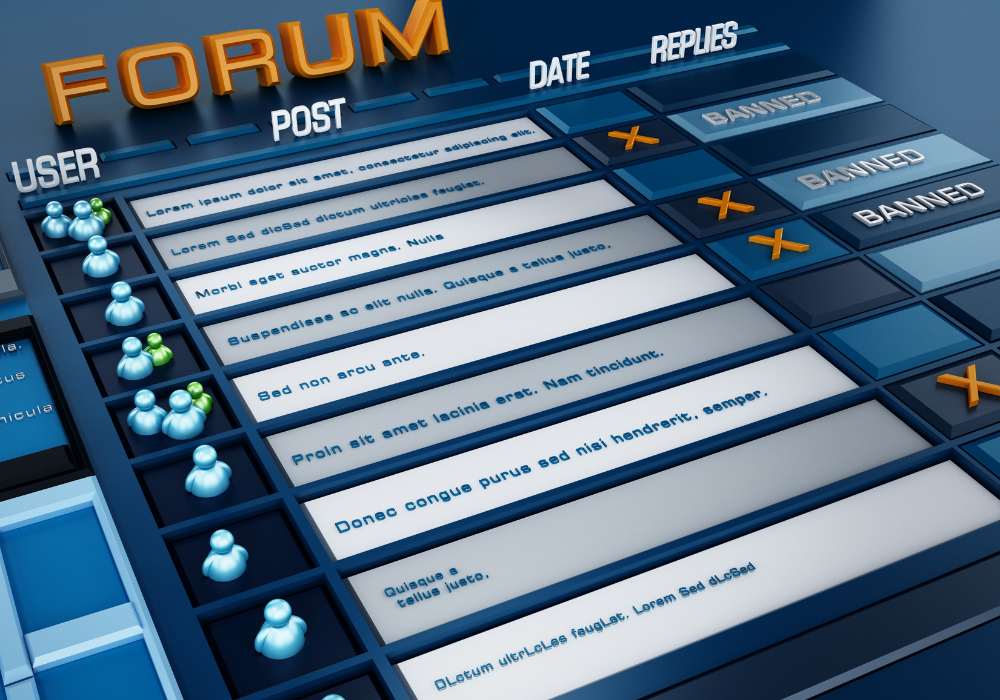
Finally, another great source of learning for budding bushcrafters can be found via online forums and communities. These are often free to access, available from anywhere with an internet connection, and are, therefore, a highly accessible way of acquiring bushcraft knowledge.
Bushcrafting is a lifelong pursuit, and there is always something new to learn. Online communities can provide a steady stream of new information, techniques, and ideas that can help you grow and improve your skills over time. To be on the safe side, just make sure to cross-check the tips you’re given to make sure they’re reliable and safe.
What’s also so special about online forums is that they bring together people from all over the world—all with varying backgrounds, experiences, and perspectives. This diversity can be a huge asset when it comes to learning bushcraft, as you can learn from people who have different skills, techniques, and approaches.
Tip: If you like, you can ask for feedback from fellow forumites, e.g. by sending them pictures and videos of your training and asking what they think of your techniques and skills. This will help you improve even more—and prevent mistakes from turning into habits.
Finally, joining an online forum or community can really help you stay committed to bushcraft. You’ll feel a sense of belonging, pride, and support, which can be particularly motivating when you’re just starting out. Over time, it can also help you stay engaged and committed to participating in bushcraft for life.
Overall, online forums and communities are an unparalleled resource for anyone interested in learning bushcraft. They provide access to diverse knowledge, ongoing learning opportunities, peer feedback, and a supportive and motivating community.
Summary
Learning bushcraft is such a fun and inspiring process. You can attend professional courses, learn tricks by yourself, and receive tips from global bushcrafters online. We recommend doing all three!
First and foremost, the right bushcraft course is a valuable investment. Remember to check the instructor’s credentials, the specific skills covered, the course’s delivery and duration, and the cost. As you also learned in this article, online courses can be a useful supplement to in-person instruction.
Whatever kind of course you go for, also make sure you factor in some time to practice bushcrafting by yourself. Learning through real-world experience can help you not only develop a deeper understanding of the environment, but also more adaptability in face of unexpected conditions.
Finally, online communities are another very useful resource. You can get advice and feedback from bushcrafters all over the world and join a wider community of like-minded people. Undoubtedly, this community spirit will motivate you to stay engaged in the pursuit of learning bushcraft for life.
To close, you now know three ways in which to start learning bushcraft as a beginner. Come back to this article for reference as you need. And get prepared for the journey; your bushcrafting adventure has just begun!
I am Bruno. Navigating the urban rush by day, I find peace under the stars by night. Alongside my loyal companion and co-adventurer Lilith, we explore the balance between city life and nature’s embrace. Through writing and films, I delve into bushcraft and the wild’s allure.
GointheWilderness is my bridge between these two realms, guiding you to reconnect with your innate wilderness.
Eden is here and now; join us in rediscovering it.
